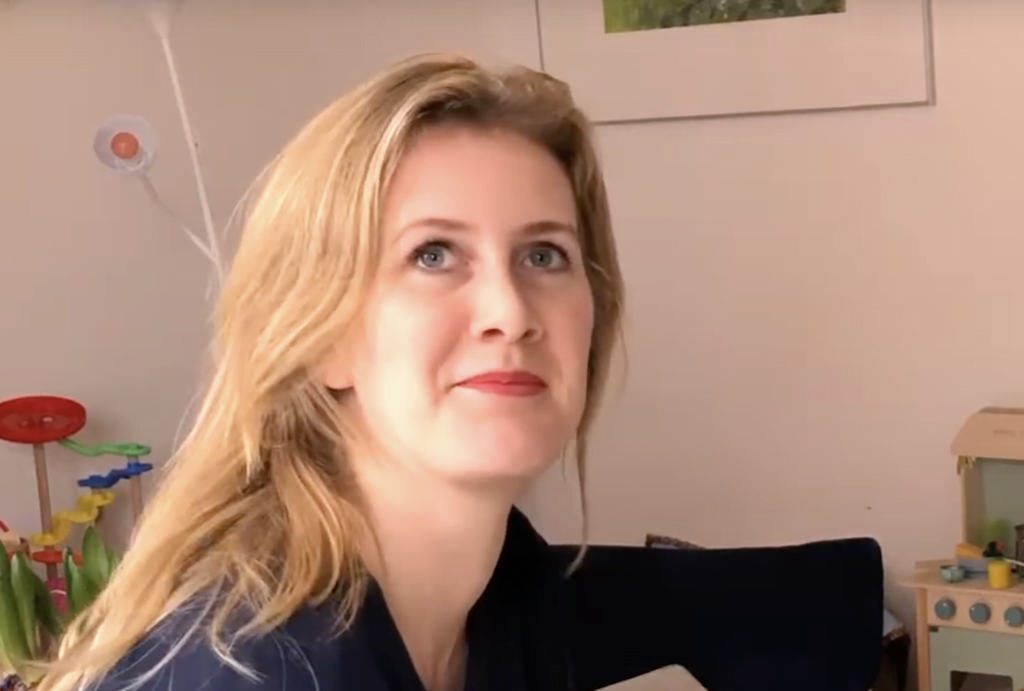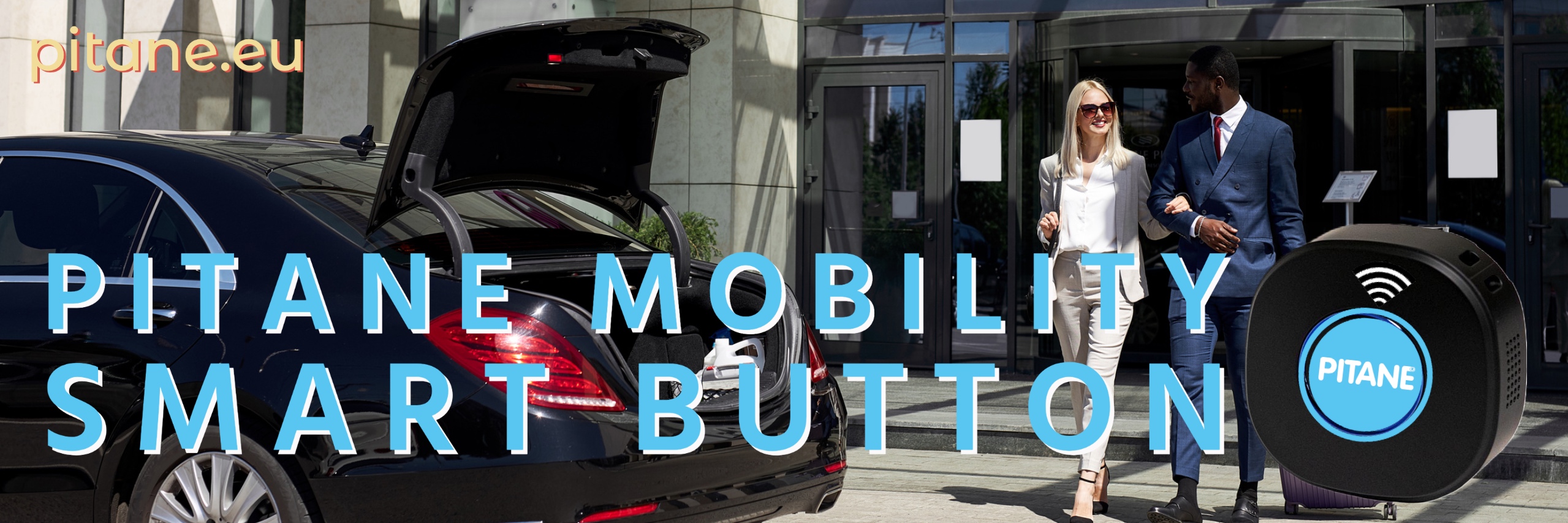It is understandable that the transition to a car-free city is accompanied by temporary inconveniences and adaptation problems.
The commitment of Alderman Melanie van der Horst (D66) to listen to the concerns of the residents of Kattenburgerstraat and to find solutions to the problems they are experiencing as a result of the traffic changes is a good example of involved and responsive leadership. It is clear that the changes in traffic caused by the Weesperstraat pilot cut will have major consequences for the residents of Kattenburgerstraat. It is certainly frustrating and worrying for many residents when the street you live on experiences constant traffic congestion and increasing air pollution.
The transformation of Weesperstraat into a thriving garden seems to be a positive step towards more green spaces in the city, which can provide a range of benefits, such as improved air quality, more biodiversity and better mental health for residents.
Recognizing and taking seriously the impact of these changes on people's daily lives is essential to find and implement effective solutions. This shows that it is not only focused on the bigger picture of improving traffic flow and quality of life in the city, but also has an eye for the individual experiences of its citizens.
customisation
Her announcement to enable customization for additional public transport and student transport is a positive step. This may help alleviate some of the residents' current challenges and concerns, especially in distressing cases where access to Weesperstraat is vital. With the pilot on the Weesperstraat, people want to learn how the traffic flow in the city can be improved. The wish of the majority of Amsterdammers to have less traffic in the city and more traffic on the Ring is taken into account. Using collected data to create a more livable city demonstrates her commitment to a data-driven and goal-oriented approach.

Alderman van der Horst also emphasizes the importance of continuous dialogue with the residents. This is critical to ensure that any concerns or problems be addressed quickly. All in all, alderman Melanie van der Horst is committed to a better and more livable city, taking into account both the data and the human side of things. Her work and dedication can make an important contribution to improving the traffic situation in Amsterdam.
respect
In a reaction, Maud de Vries says that she has great respect for the work of Alderman Melanie van der Horst. Indeed, the attributes she cites – vision, perseverance, and the ability to connect – are crucial to successfully managing a city and improving the quality of life for all residents. The emphasis that de Vries puts on the importance of really listening to residents, organizations and entrepreneurs is an important one.
It is through this dialogue that the alderman better understands what people's real concerns and needs are, and can work towards solutions that really make a difference. De Vries' statement reminds us that creating a healthy and happy city is a joint effort. This requires the active involvement and contribution of everyone – from politicians to citizens, organizations and entrepreneurs. It is inspiring to see this mindset being adopted and praised in Amsterdam.
It is interesting to see Jeroen Robbertsen's comment, which shifts the focus from the immediate consequences of the pilot cut to the broader issue of increasing and aggressive traffic in Amsterdam. Putting this into perspective, he shows that the council's efforts to address these issues, while perhaps not perfect, are a response to a larger and more pressing problem.
Robbertsen shows his appreciation for the perseverance of Alderman Melanie van der Horst and the Centrum district council, despite the criticism and challenges. This highlights the need for courage and tenacity in pursuing solutions to complex urban problems, even when those solutions can be controversial.



